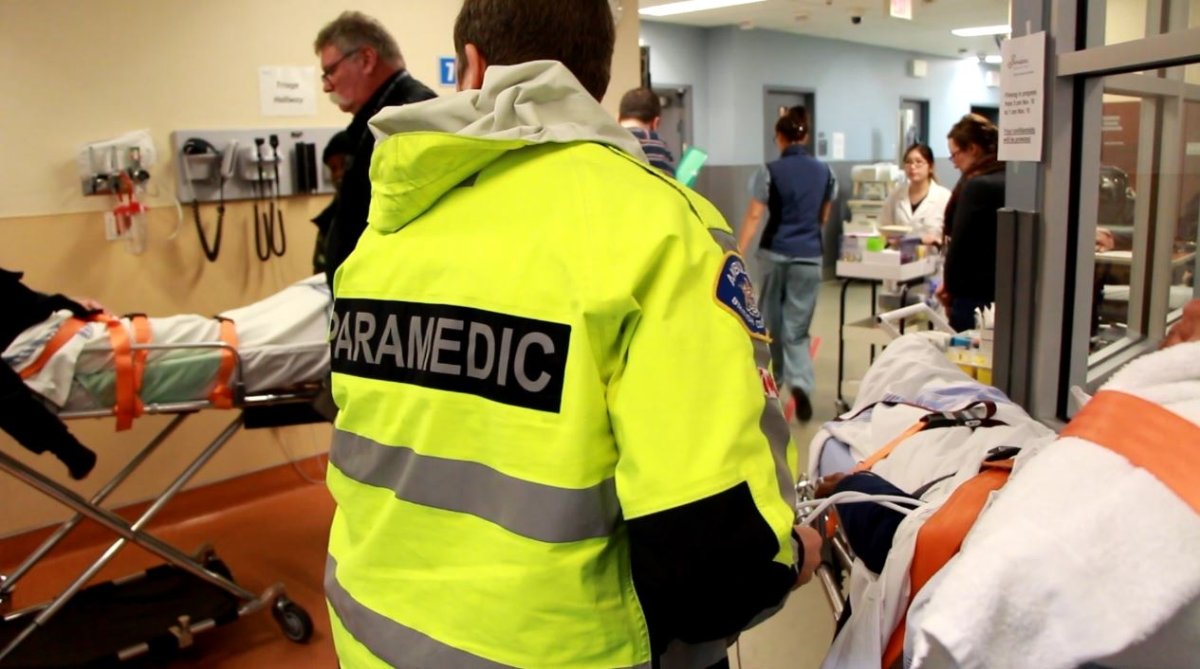Drug and alcohol addiction recovery advocates are calling for swift provincial action, based on the findings of a new survey into drug treatment.

The Life in Recovery from Addiction in Canada survey, released late last month by the Canadian Centre on Substance Use and Addiction and National Recovery Advisory Committee, found more than half of Canadians who go through drug and alcohol recovery programs don’t relapse after their treatment.
BC Recovery Council Chair Marshall Smith said the results show the need for the new provincial government to step up with more support for recovery programs.
The report found 51.2 per cent of addicts achieved recovery without experiencing a single relapse, while more than 90 per cent reported a major improvement in their quality of life.

That factor, the desire for a better quality of life, also led the reasons why people chose to seek out recovery, followed by mental or emotional health, family and relationships, and physical health.
It also found significant stigma and barriers to treatment for people battling addiction, with eight in 10 reporting barriers to the recovery process, including long delays for treatment, lack of professional help for mental health problems, and the cost of recovery services.
About half of respondents said they’d experienced discrimination while in active addiction, and a third reported stigma during the recovery process.
Eight-hundred and fifty-five people across Canada took the online survey, with the average respondent being 47 years old.







Comments